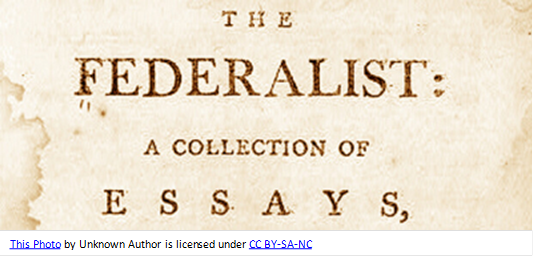On the Foundations of Self-Government

View children as “little angels?” Believe they are naturally good, needing only to be encouraged to grow? This is the false foundation of progressive education—and it has profound implications for self-government.
Thinkers like Rousseau, Froebel, and Dewey changed the course of education in the West, introducing terms like “kindergarten” (a “garden of children”) and planting the seeds for the now-ubiquitous “growth mindset.” No wonder our never-ending “crisis” of democracy comes with a complete breakdown of behavioral norms in our schools. As C.S. Lewis recognized, we’ve placed the justification for self-government entirely on the wrong foundation:
I am a democrat because I believe in the Fall of Man.
I think most people are democrats for the opposite reason. A great deal of democratic enthusiasm descends from the ideas of people like Rousseau, who believed in democracy because they thought mankind so wise and good that every one deserved a share in the government.
The danger of defending democracy on those grounds is that they’re not true. . .I find that they’re not true without looking further than myself. I don’t deserve a share in governing a hen-roost. Much less a nation. . .
The real reason for democracy is just the reverse. Mankind is so fallen that no man can be trusted with unchecked power over his fellows. Aristotle said that some people were only fit to be slaves. I do not contradict him. But I reject slavery because I see no men fit to be masters.
Children are not angels. The American Founders understood this, observing in Federalist 51 that “[i]f men were angels, no government would be necessary.” That includes self-government. Unless we first acknowledge the depravity of man, we cannot even begin the process of educating him to be free.